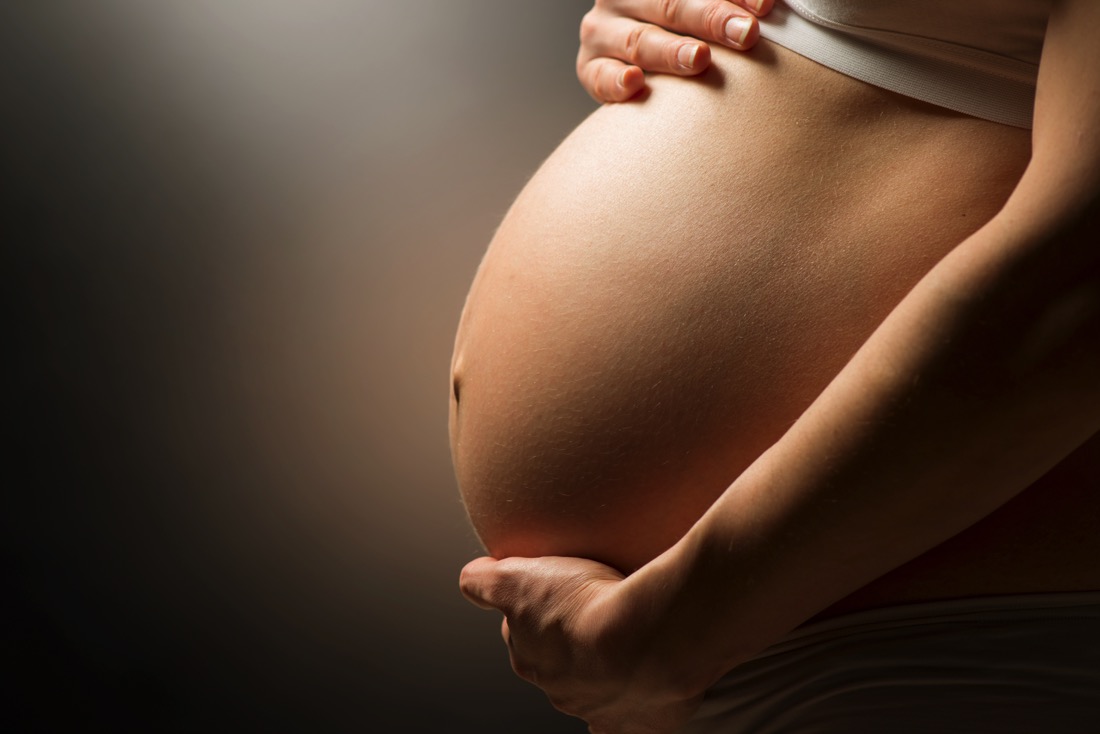Study finds pregnant mothers who quit smoking are less likely to give birth to preterm babies
There is an important association between quitting smoking during pregnancy and risk of preterm birth, according to a new Dartmouth-led study published in JAMA Network Open.
The negative health impacts of cigarette smoking during pregnancy – which include low birth weight, delayed intrauterine development, preterm birth, infant mortality, and long-term developmental delays – are well known. The good news is that the proportion of women who start their pregnancy as smokers has been declining in recent years.
“Of concern, though, given the substantial benefits of smoking cessation during pregnancy, is the proportion of pre-pregnancy smokers who quit smoking during pregnancy has remained essentially stagnant since 2011,” explains lead author Samir Soneji, PhD, an associate professor at The Dartmouth Institute for Health Policy and Clinical Practice, who collaborated with Hiram Beltrán-Sánchez, PhD, an associate professor at the University of California, Los Angeles, on the study.
Only about 25 percent of women who smoked prior to pregnancy were able to quit throughout their pregnancy, and approximately 50 percent of women who smoked during their pregnancy did so with high frequency (more than 10 cigarettes per day)
The investigators sought to assess the probability of preterm birth among expectant mothers who smoked before pregnancy and quit at the start or during pregnancy. Using data from the U.S. National Center for Health Statistics, they conducted a cross-sectional study of more than 25 million pregnant women (modal age 25-29) who gave birth to live neonates during a six-year period (2011-2017) – measuring their smoking frequency three months prior to pregnancy and for each trimester during pregnancy.
Notably, their analysis not only showed that quitting smoking was associated with reduced risk of preterm birth, it showed that the probability of preterm birth decreased more the earlier smoking cessation occurred in pregnancy – up to a 20 percent relative decrease if cessation occurred at the beginning of pregnancy.
However, the study also found that only about 25 percent of women who smoked prior to pregnancy were able to quit throughout their pregnancy, and approximately 50 percent of women who smoked during their pregnancy did so with high frequency (more than 10 cigarettes per day).
“Pregnancy can be a stressful time in a woman’s life,” says Soneji. “And women who smoked prior to pregnancy may turn to smoking or continue to smoke as a way to mitigate this stress.
“Thus, it is incumbent upon healthcare providers who care for pregnant women to have a renewed focus on smoking cessation,” he says. “Pregnancy is often a time when women have more frequent contact with the healthcare system, and this increased contact provides expectant mothers an opportunity to discuss their concerns about smoking, including their attempts to stop, and receive the support and resources they need to safely and successfully quit.”
Another positive takeaway from the study is that the benefits gained from cessation extend to heavy smokers. “Even among women who smoke a pack a day or more, there can be a substantial reduction in the risk of premature births if these heavy smokers quit early in pregnancy,” Soneji says.
Next, Soneji plans to look at quit rates and smoking intensity and their impact on the risk of infant mortality. “Thankfully most premature babies end up doing well,” he says. “But premature birth is strongly linked to infant mortality. If we determine quitting, and quitting early, reduces the risk of infant mortality, then that may speak to mothers even more saliently about the importance of smoking cessation.”


